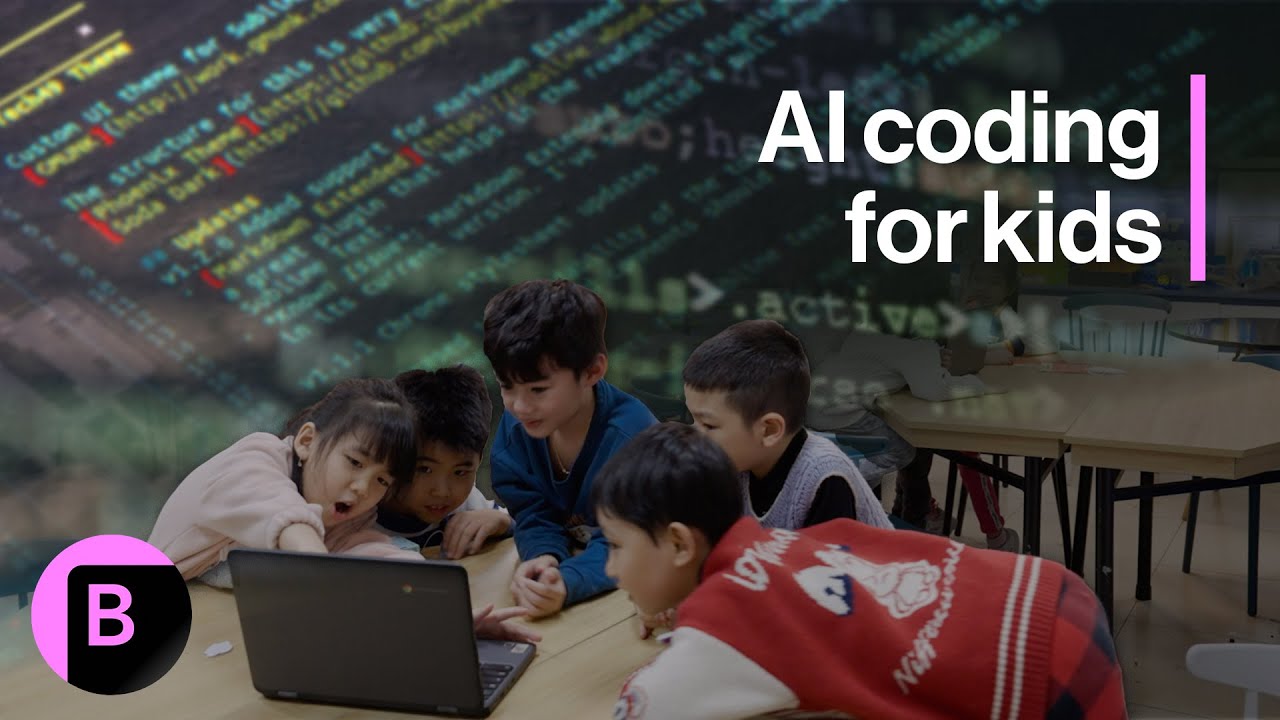The video discusses Vietnam’s efforts to integrate AI, robotics, and coding into early education, emphasizing the importance of introducing these technologies to children from a young age to foster innovation and problem-solving skills. It highlights the country’s potential to become a global leader in technology by providing equitable, high-quality education and adopting advanced methods quickly to leapfrog traditional development stages.
The video highlights the integration of AI, robotics, and coding into the education system in Vietnam, particularly through private schools operated by AFP. These schools aim high, serving nearly 20,000 students, and emphasize the importance of technology in learning from an early age. Young children, as young as six or seven, are introduced to programming simple robots, engaging in lessons that teach coding, interaction with air systems, daily life applications, and basic algorithms. This approach underscores the belief that early exposure to AI and technology can foster future innovation.
The speaker advocates for introducing AI education starting from first grade, emphasizing that children should begin playing with AI concepts early on. Through playful activities, students gradually develop their understanding of AI, robotics, and systems on their own. This method aims to build a strong foundation in technology, encouraging creativity and problem-solving skills from a young age. The idea is that early engagement with AI can lead to more advanced development as students grow older.
The speaker envisions a future where Vietnam leverages its large, young population by providing high-quality education and access to the latest technology. With nearly 100 million people, the country has the potential to become a hub of innovation and technological advancement. The focus is on equipping young people with the skills needed to thrive in a digital economy, ensuring that the nation remains competitive on the global stage.
A key point made is that education should not be driven solely by profit, especially in the context of fostering knowledge and skills that benefit the country’s future. Instead, the emphasis is on providing useful, high-quality information and opportunities for all children, regardless of whether they live in urban centers like Hanoi or Ho Chi Minh City or in rural areas. Ensuring equitable access to good education is seen as essential for national development.
Finally, the speaker mentions the concept of “leapfrogging,” referring to how Vietnam can bypass traditional stages of development by adopting cutting-edge technology and education methods quickly. This strategy allows the country to catch up with or even surpass more developed nations by focusing on innovation, AI, and robotics from an early age. Overall, the message is that investing in early AI education and technology is crucial for Vietnam’s future growth and global competitiveness.
